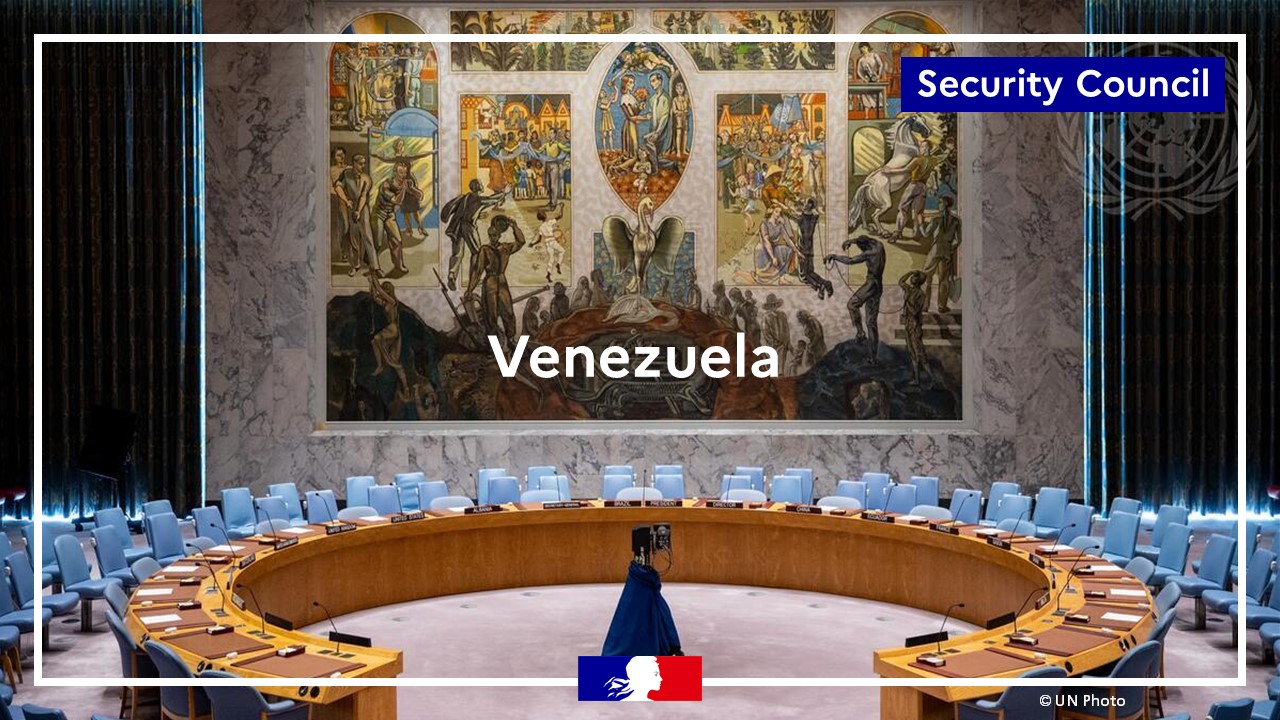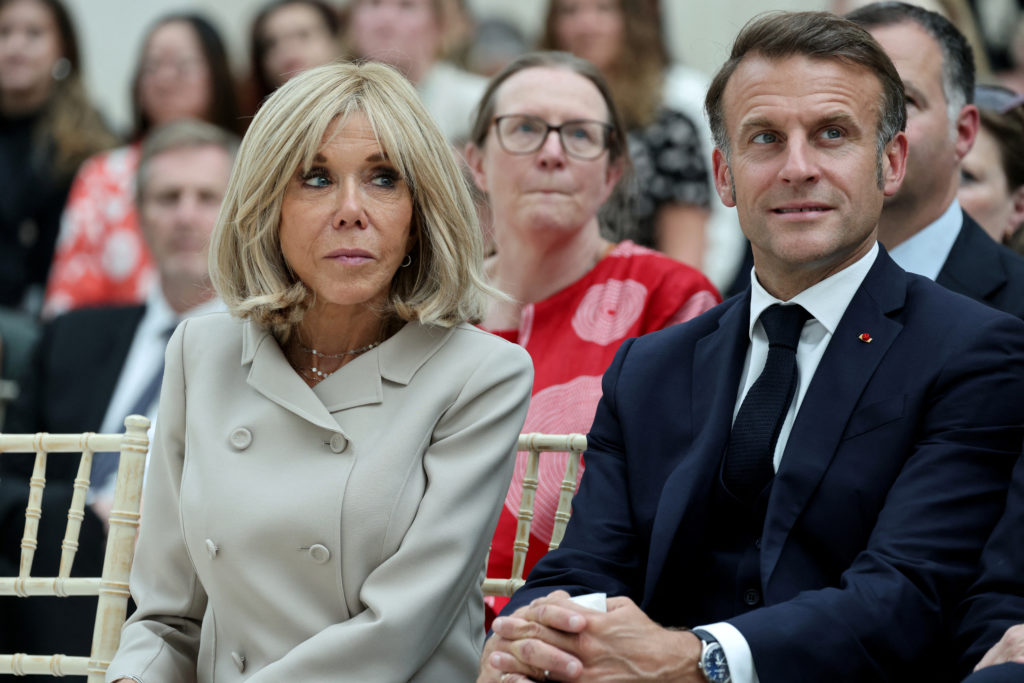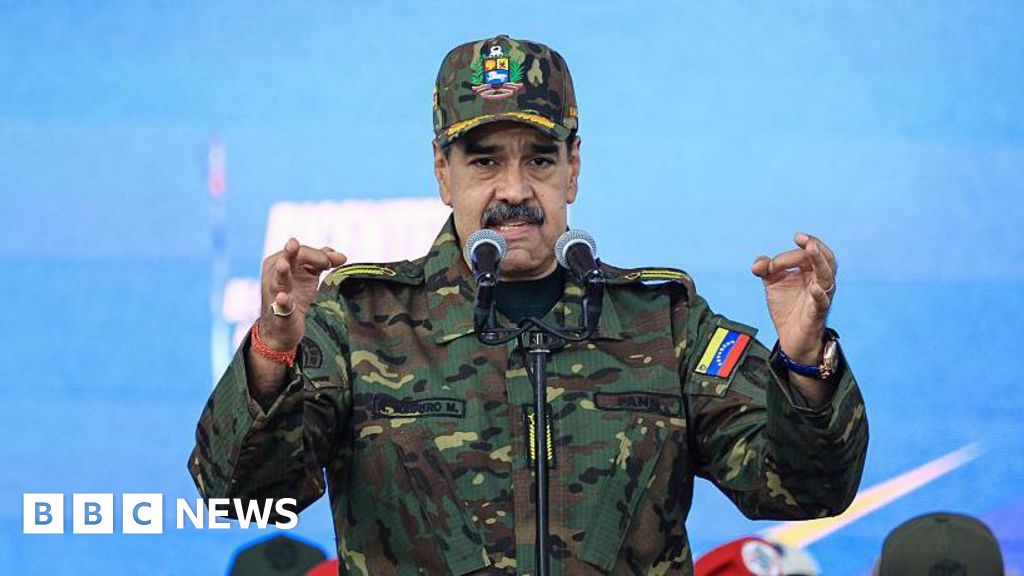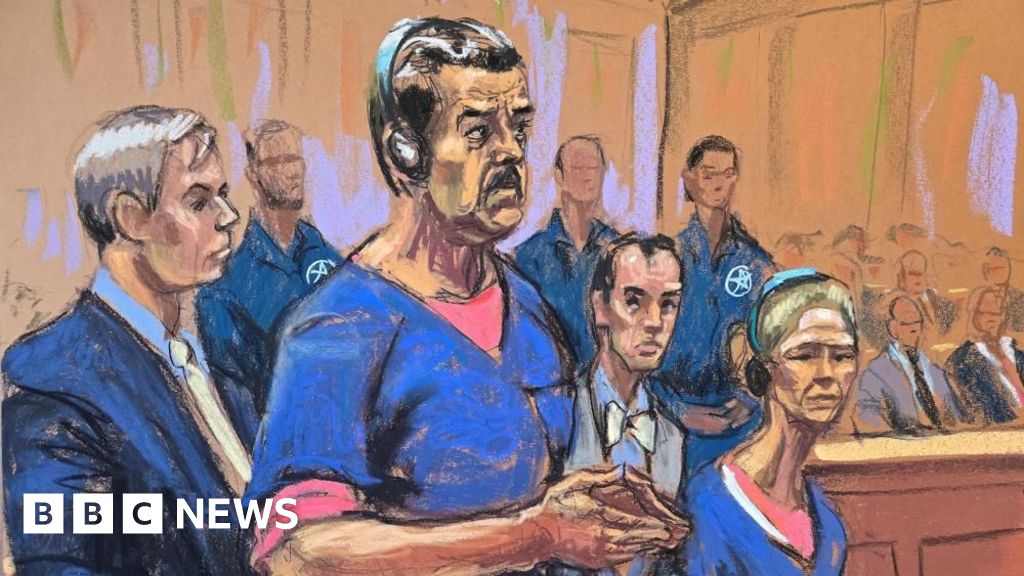- Gaza: 100 per cent of basic food needs met for first time since 2023 UN News
- Pakistan, 7 other Muslim-majority nations express ‘deepest concern’ over deteriorating humanitarian conditions in Gaza Dawn
- Severe weather in Gaza hits vulnerable…
Trump administration to meet with top US oil executives – report
Following the capture, arrest and detention of Nicolás Maduro, the Trump administration is set to meet with top US oil executives, according to a report from Reuters – citing a…







